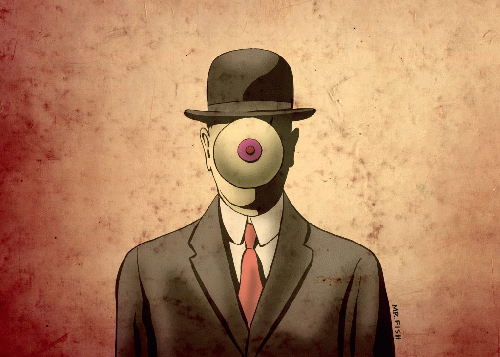From Scheer Post
Journalist JoAnn Wypijewski's latest book, "What We Don't Talk About When We Talk About #MeToo: Essays on Sex, Authority and the Mess of Life" issues a blistering challenge to "scandal media," which she dismisses as a distorted Cliff Notes version of reality.
The Times Literary Supplement in a rave review of JoAnn Wypijewski's provocative new book states: "It is thrilling and cathartic to watch Wypijewski slice through our culture's flabbiest orthodoxies." On this week's installment of "Scheer Intelligence," Wypijewski talks to host Robert Scheer about the "haste to castigate" that has led to shoddy reporting of the true meaning of trials she has covered, ranging from the media frenzy trial of movie mogul Harvey Weinstein to the framing of five teenagers known as the Central Park Five on rape charges, which she offers as a shocking example of a "scandal media" lynching mob.
And it's not just the media that control narratives, but also prosecutors who wield wildly disproportionate power against even the rich and famous. To the journalist, the two very different cases of the Central Park Five and Weinstein reveal that not only is the presumption of innocence always under threat in a court case, but that there is "no one who [can match] the resources of the state," making a fair trial nearly impossible.
Throughout her long career as a journalist for Harper's Magazine, The Nation, and Mother Jones, Wypijewski has not only examined sex scandals, but everything from the Matthew Shepard murder to the Abu Ghraib torture scandal, always incisively formulating the questions that few in media seem to want to ask. Listen to the full conversation between Wypijewski and Scheer as the two journalists tackle some of the most controversial and therefore crucial questions of our time.
Credits:
Host:
Robert Scheer
Producer:
Joshua Scheer
Introduction:
Natasha Hakimi Zapata
Transcript:
Lucy Berbeo
RS: Hi, this is Robert Scheer with another edition of Scheer Intelligence, where the intelligence comes from my guests. I always say that, but obviously that's true, or I wouldn't be doing these interviews, I just would write some columns. And in this case, it's JoAnn-I have practiced this name over and over again- Wypijewski. And who's an extremely well-known writer; I've followed her byline-I never knew how to pronounce it, but I've followed it for decades. And she's written for all sorts of publications, Harper's, The Nation, and what have you. And she is the author of a-you know, you say "provocative," but this is, in terms of the current mood of the country. The book is called-it's by Verso, and it's called What We Don't Talk About When We Talk About #MeToo. And I do want to say something about the name, because if you're going to order this book, you should know it's JoAnn, and it's spelled W-Y-P-I-J-E-W-S-K-I. And that's important to mention, because I spent about an hour trying to find it. So it's Verso. And I think you're going to want to get this book. I don't think we're going to be able to do it justice. It's very rich, and it really involves a lot of reporting. And I just want to quote from the legendary Times Literary Supplement, which is sort of the -- for many people, the leading book review venue in the world. And I bring it up because JoAnn's book has not yet had, as far as I can see, a serious review in mainstream American media. So let me quote from the Times Literary Supplement:



